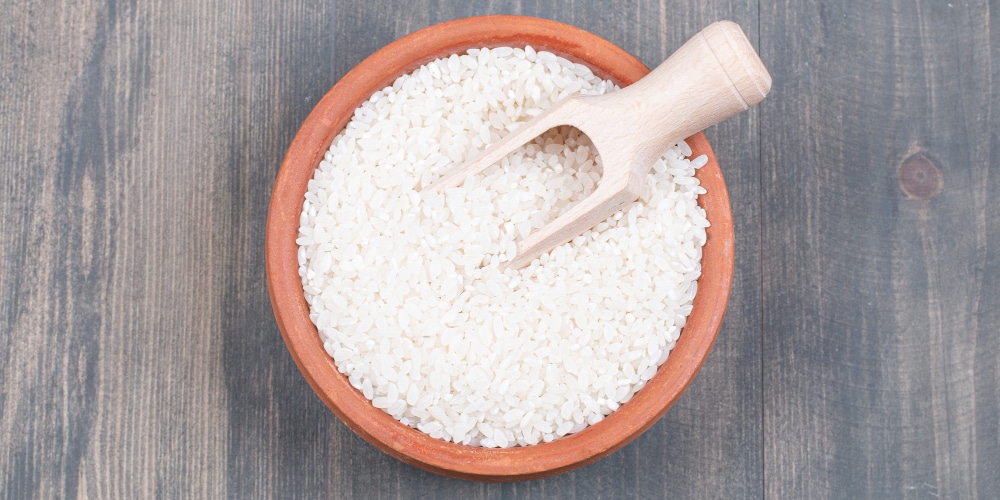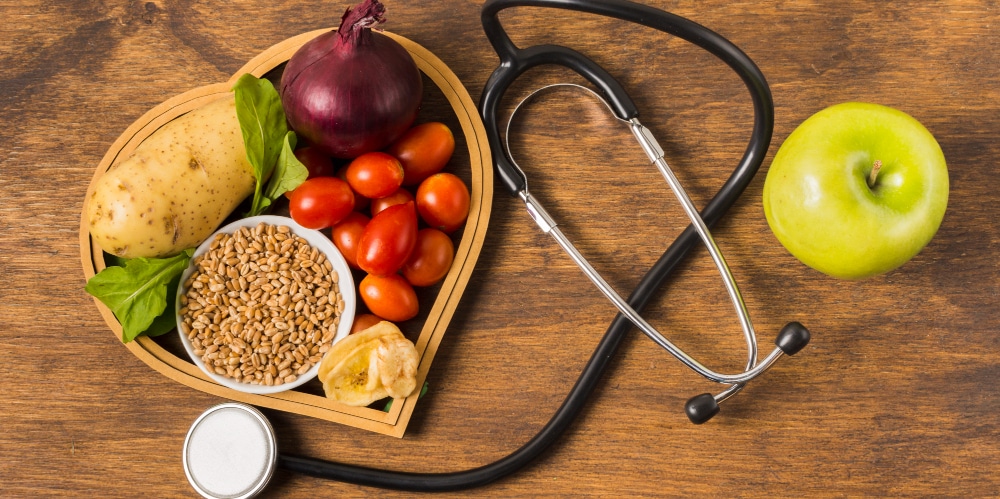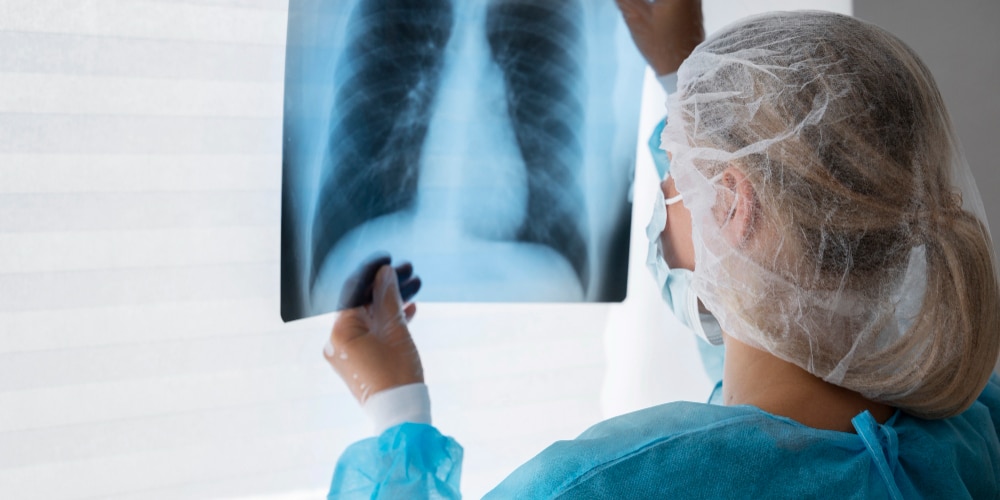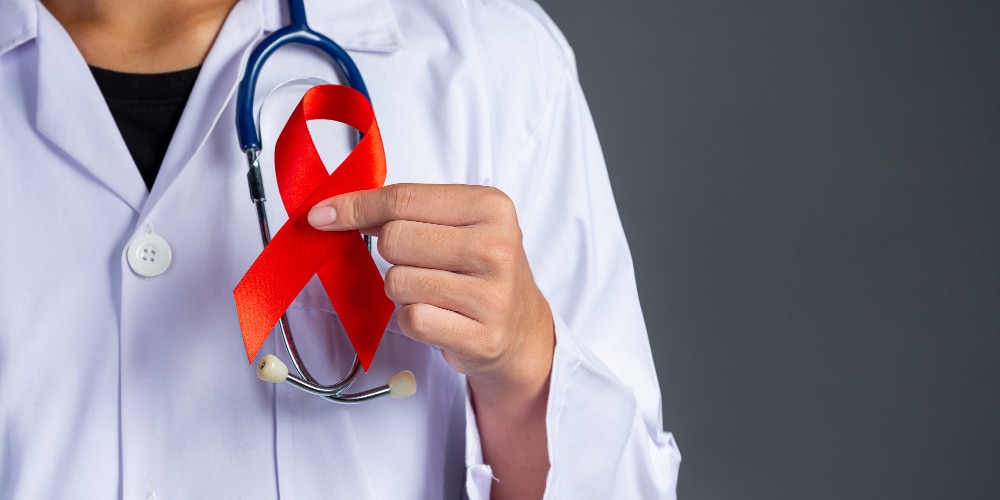# Tags
Latest
FACT CHECK: Can fermented foods reduce, remove, or eliminate microplastics from our bodies?
Fermented foods like yogurt and kimchi may help reduce inflammation but are not a cure for microplastic or BPA toxicity
Author
Author
- admin / 11 months

- 0
- 4 min read
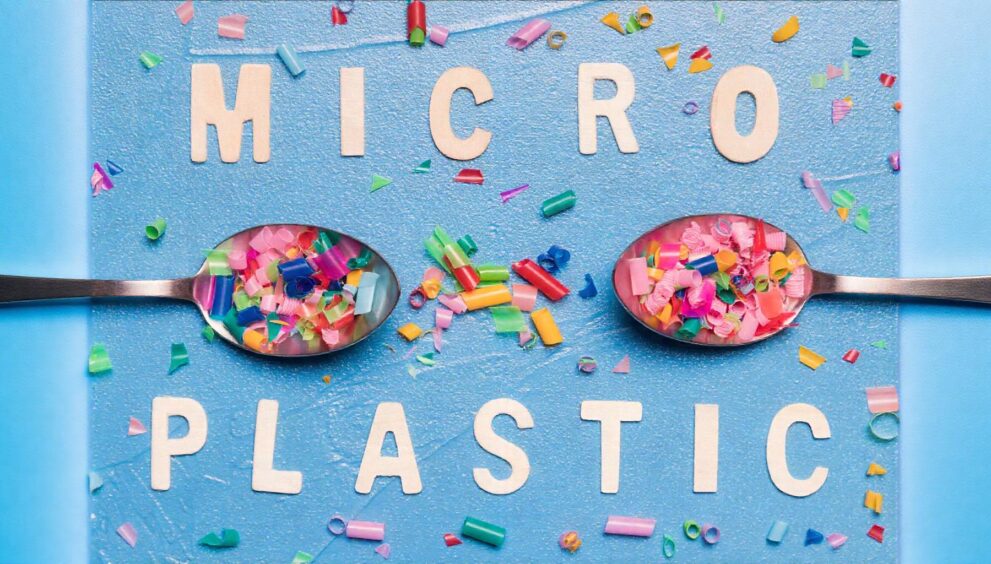
Author
CLAIM:
Fermented food can reduce, remove and even eliminate microplastics and Bisphenol A from our tissues.
FACT:
Fermented foods with probiotics may support gut health, which could help mitigate some effects of microplastics indirectly. However, there is no scientific evidence proving they can remove or eliminate microplastics from the body.
An Instagram reel flagged by a First Check reader through our WhatsApp tipline states that consuming fermented foods can detoxify the body from microplastics and bisphenol A, commonly known as BPA- an industrial chemical used to make some kinds of plastics.
The post from a verified Instagram account with close to 1 million followers, called ‘@carnivoreaurelius,’ claims “[c]heese, yoghurt, kefir, sauerkraut, kimchi, sourdough for the win. Bacteria are nature’s janitors, binding, degrading, clearing and excreting BPA”- which essentially means that the beneficial bacteria found in foods like cheese, yoghurt, kefir, sauerkraut, kimchi, and sourdough can help detoxify harmful substances like BPA.
“Worried about microplastics and BPA? Eat lots of fermented food,” says the reel which has garnered over 80,000 likes and about 1.6 million views on Instagram.
“Lactobacillus acidophilus from yogurt reduces BPA levels 82%. Kefir probiotics are able to protect against oxidative damage from microplastics. Lactobacillus bacteria is able to absorb microplastics, removing them and even eliminating them from tissues, and L.ruteri found in kimchi, sauerkraut, cheese, and yogurt completely degrades BPA,” the video goes on to say.
Microplastics and BPA are a growing concern in the modern world, especially since it can enter the body through food, water, and air, often affecting the gut first. A 2023 review found that these tiny plastic particles may damage the gut’s mucus layer, impairing the metabolism of fatty acids and amino acids, and increasing blood fat levels.
Such microscopic bits of plastics have been shown to accumulate in the gastrointestinal tract, disrupting the gut microbiome, and causing dysbiosis-a harmful imbalance between beneficial and harmful bacteria.
“This disruption has been linked to various health issues, including gastrointestinal disorders, systemic inflammation, and chronic diseases,” this 2024 study notes.
BPA, a known endocrine disruptor found in plastics, can leach into food and drinks, potentially affecting hormones, metabolism, and gut health.
So do fermented foods help remove microplastics from one’s body?
Probiotics, found in fermented foods like yoghurt, kefir, kimchi, kombucha, and aged cheeses, may help mitigate some of the harmful effects of the plastic segments and BPA. Probiotics are live microorganisms that can restore balance to the gut microbiota and strengthen its protective functions.
While there are numerous reports highlighting the protective effects of probiotics against harm caused by chemical contaminants, research specifically examining their role in mitigating microplastic (MPs) toxicity in humans or animals remains limited, according to this study.
So it would appear that the claim that fermented foods can detoxify microplastics and BPA is misleading. While probiotics in fermented foods may offer some protection by supporting gut health and reducing inflammation, they are not a definitive solution for neutralizing tiny plastic particles or BPA. There is no evidence to suggest that they will remove and eliminate these harmful substances from one’s systems. Limiting exposure to these substances through reduced plastic use and a balanced diet remains the most effective strategy.
